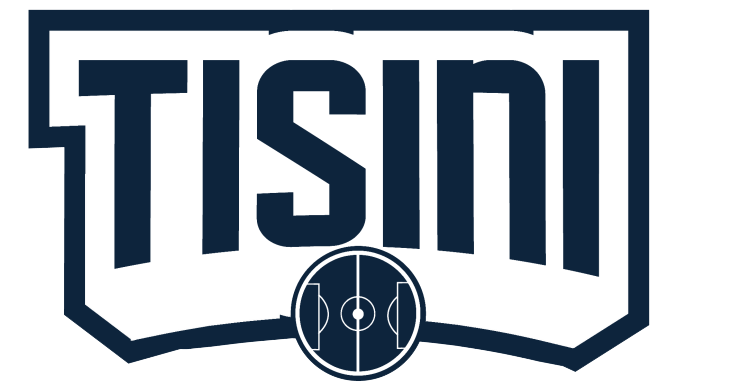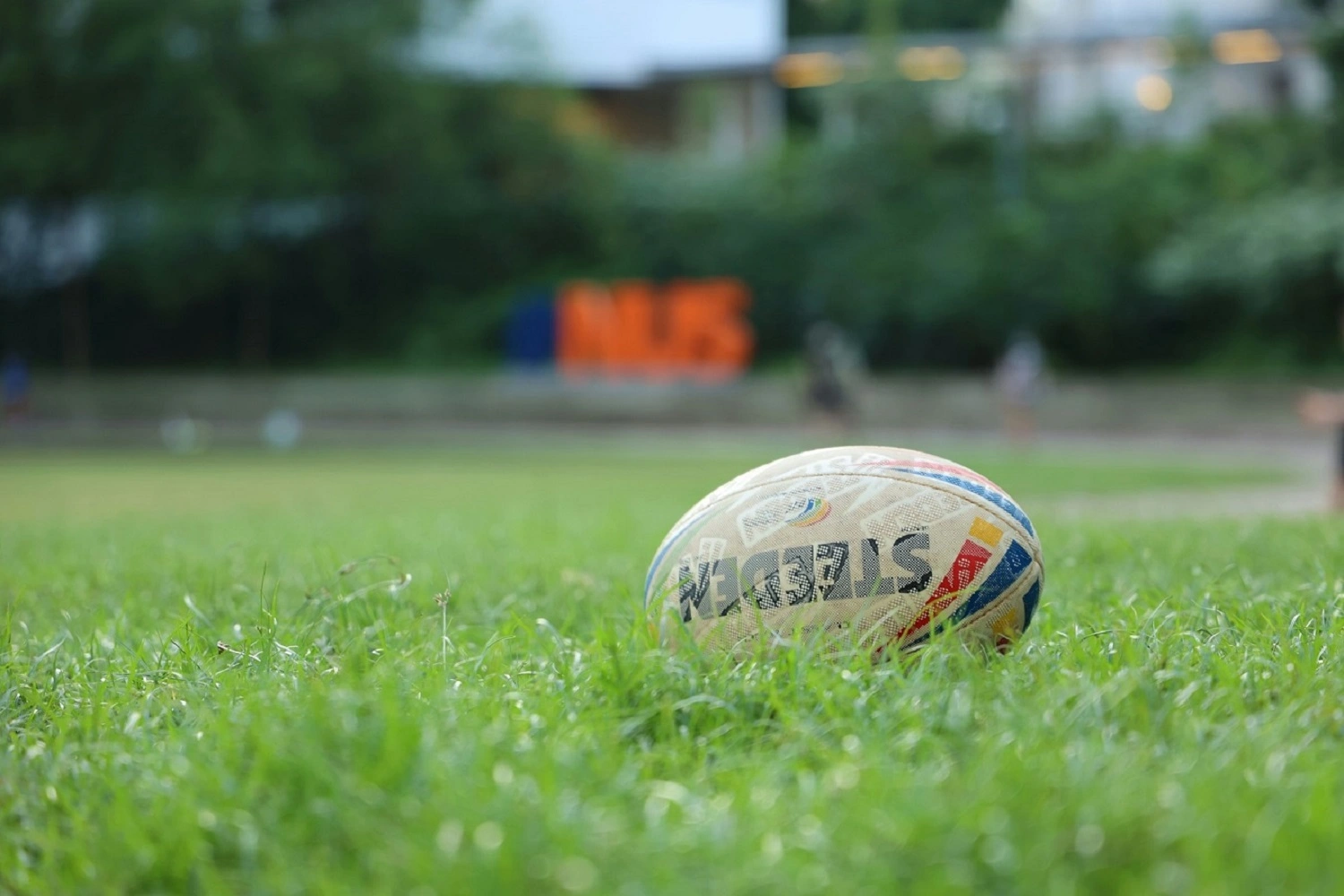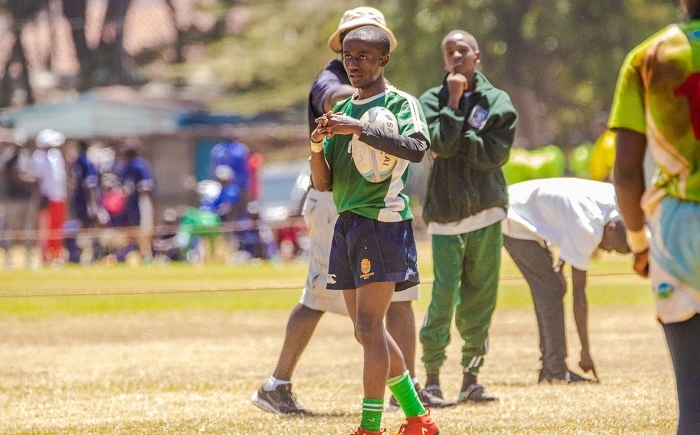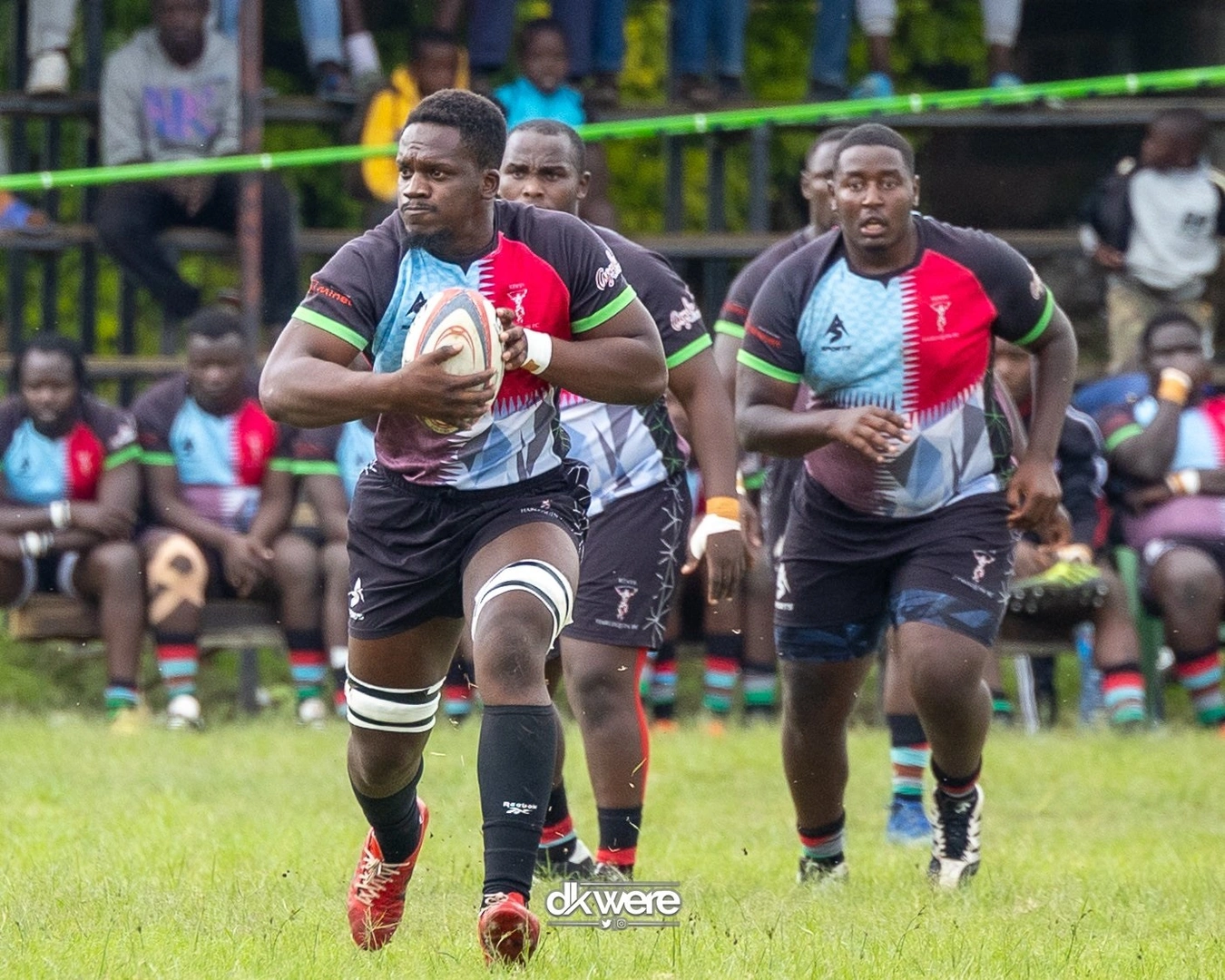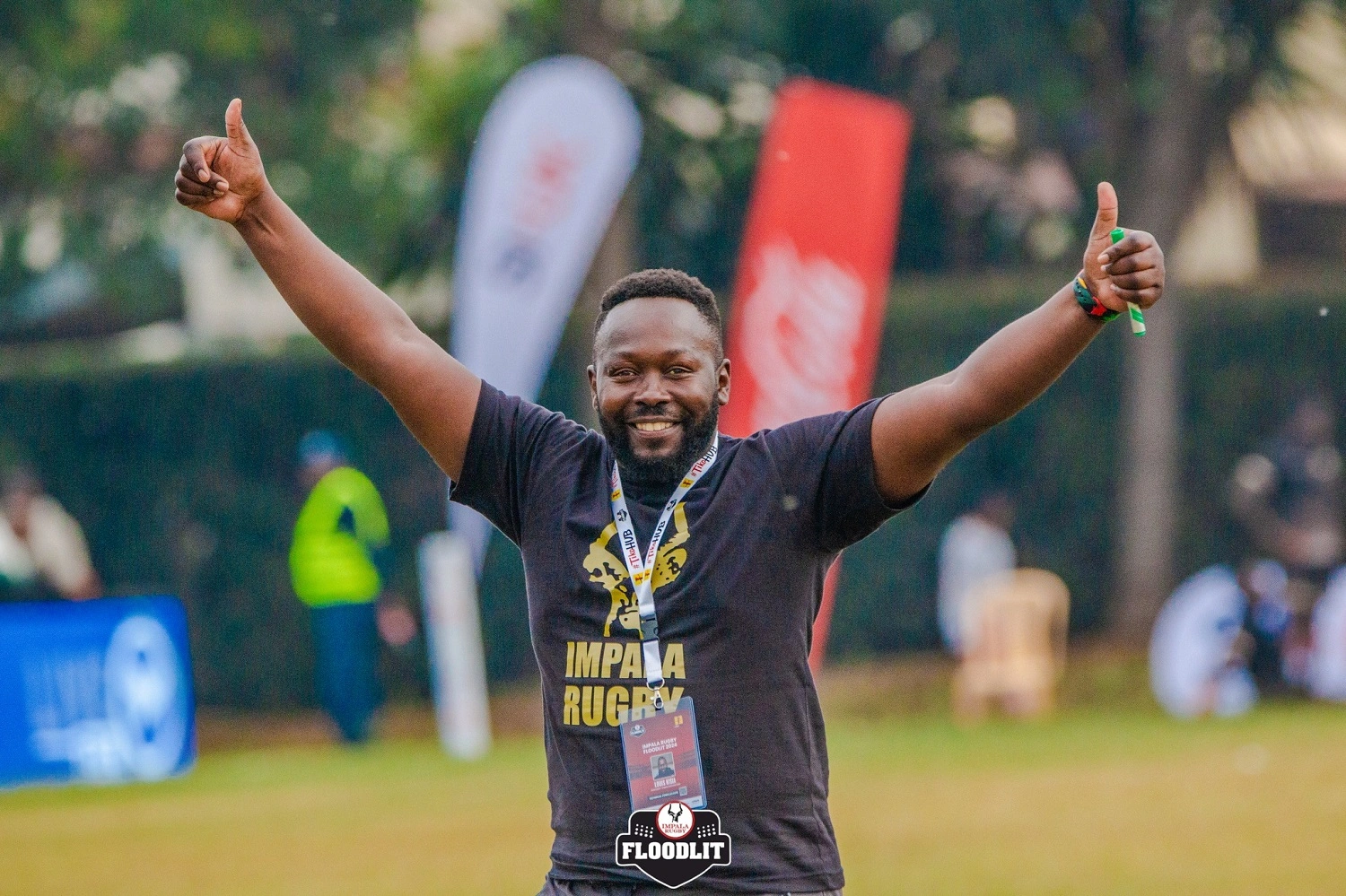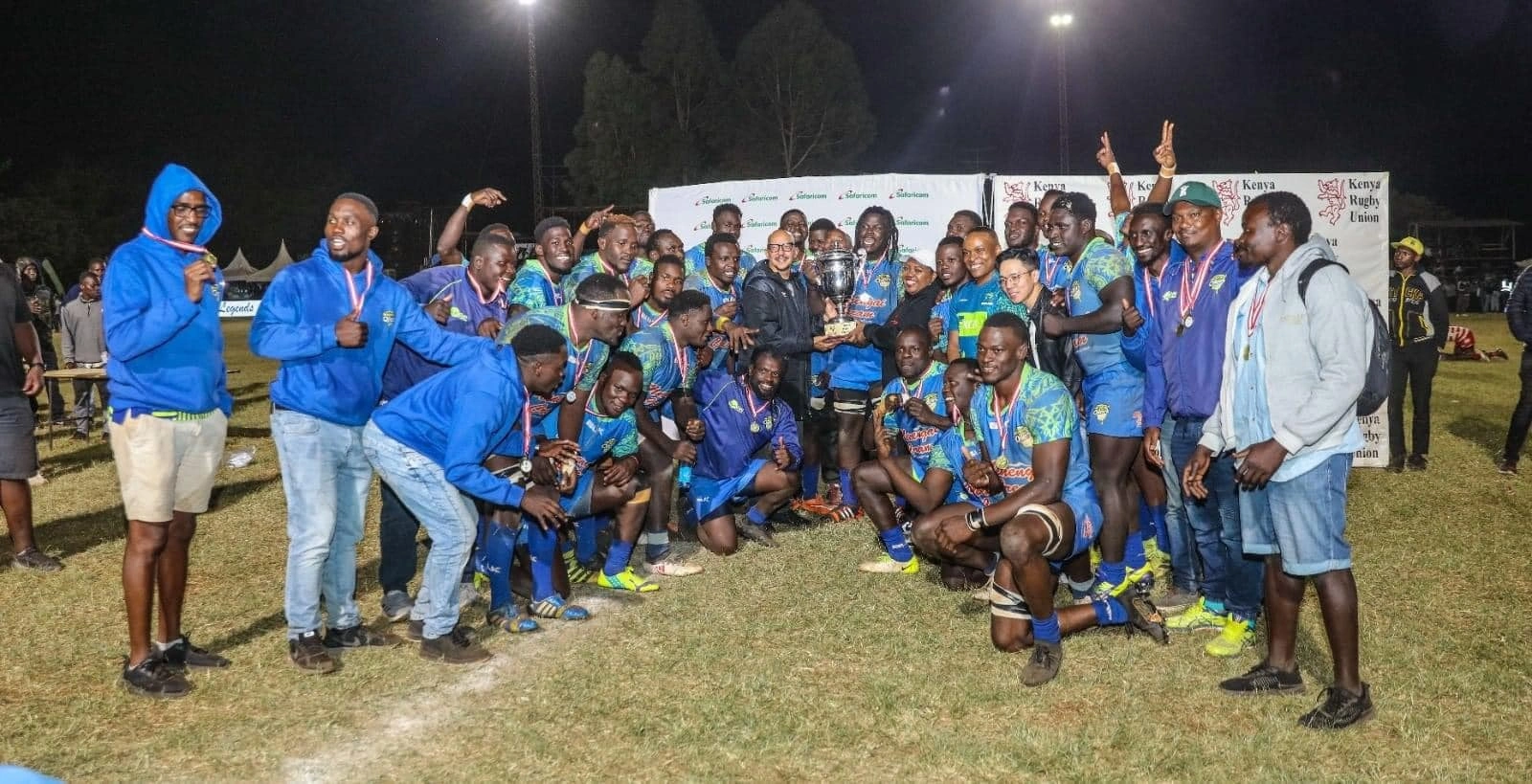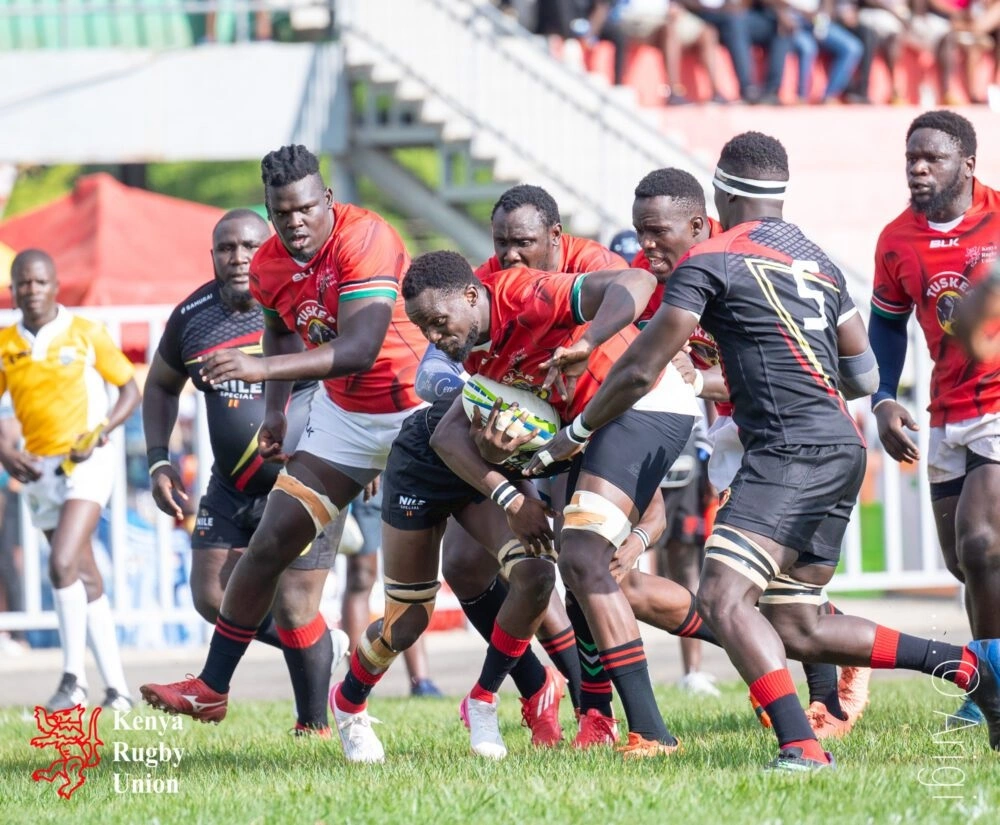
Will Kenya Ever Overcome Namibia? The Africa Gold Cup Soap Opera Returns
Kenya’s Simbas are back! With the 2025 Africa Gold Cup around the corner, one question echoes across the continent: What should Africa expect from Kenya this time? The short answer? Drama, and maybe (just maybe) a World Cup qualification. But let’s not mince words: Kenya’s relationship with this tournament has been less fairy tale, and more telenovela, complete with near-misses, heartbreaks, and plot twists. Will 2025 be the year the Simbas finally roar their way to glory, or will it be another season of "so near, yet so far"?
The Namibian Shadow
Ah, Namibia—the rugby overlords of Africa, the perennial boss-level Kenya just can’t seem to beat. They’ve been the thorn in the Simbas’ paws forever—or at least since the Gold Cup started. Remember 2018? Kenya was so close to qualifying for the World Cup that you could almost smell the sushi in Japan. Alas, Namibia reminded everyone why they’re Africa’s rugby landlords, collecting yet another rent check in the form of the Gold Cup trophy.
2015–2022: The Almost Years Let’s take a stroll down memory lane, where Kenya’s Gold Cup dreams have lived and died repeatedly:
2015: Kenya was third, a respectable podium finish in a tournament Namibia dominated like an uninvited guest who not only eats all the food but takes leftovers home. Zimbabwe finished as runners-up, leaving Kenya wondering if third place was just their destiny.
2016–2018: The Simbas were bridesmaids for three straight years. If silver medals could be melted into trophies, Kenya would’ve been Africa’s rugby overlords. Namibia, of course, wasn’t having any of that, taking home the Gold Cup in 2016, 2017, and 2018. By now, they were Africa’s rugby landlords, and Kenya was just a loyal tenant paying rent in the form of second-place finishes.
2019: The repechage year—oh, what a tragicomedy or as Kenyans call it, "that time we got schooled." After finishing second in the Gold Cup, Kenya had a chance to qualify for the Rugby World Cup through the repechage. Instead, they got a masterclass in rugby humiliation from Canada (65-19), Germany (43-6), and Hong Kong (42-17). It was as if the Simbas had accidentally walked into a heavyweight boxing match armed with featherweight gloves.
2022: Namibia won their ninth Gold Cup, defeating Kenya in the final and solidifying their reputation as the boss level in African rugby. Zimbabwe claimed third place, and Algeria—yes, Algeria—secured fourth, proving the Gold Cup was no longer just a three-horse race.
The Coaching Merry-Go-Round
If Kenya’s coaching history were a sitcom, it would be called Who’s on the Bench This Week? Jerome Paarwater, the current head coach and part-time miracle worker, is back for another shot. With a resume as thick as a rugby rulebook, Paarwater has been the steady hand Kenya hopes will guide them to RWC 2027. Having first led the Simbas from 2013 to 2017 and returned in 2022, Paarwater has brought South African precision and a touch of stoic humour to the team.
Before him, the Simbas had a parade of coaches, including Ian Snook (2018), who famously offered the philosophical nugget that “the team was under no pressure to qualify for RWC 2019,” a statement that still gets side-eyes from fans. Local rugby stalwarts Paul Odera and Innocent Simiyu have also played pivotal roles in Kenya’s development. Odera, a former Kenya international, guided the U20 team to multiple Barthés Trophy victories, while Simiyu’s tactical contributions have transitioned from his Sevens playing days to coaching roles. We also got a revamped strength and conditioning program, bolstered by Scott Bowen, the Australian fitness guru, whose drills have turned the Simbas into lean, mean, scrummaging machines. Let’s not forget Michael “Tank” Otieno, the no-nonsense disciplinarian who kept the Simbas roaring during his tenure.
Still, Kenya’s journey through the Rugby Africa Gold Cup is a saga worthy of a Netflix series—between 2021 and 2022, Kenya hosted Rugby Africa Cup Pool B fixtures in Nairobi, toured South Africa for the Stellenbosch Quadrangular, and participated in the Currie Cup First Division—a competition that tested the team against seasoned opponents. Losing to teenagers is a shame. Just a shame! In 2024, KRU prioritized the team’s preparations, organizing residential camps in Nanyuki and Nairobi and scheduling high-profile friendlies against Tier 2 nations, Portugal (a 35-10 loss) and Spain (a 42-15 loss). I guess there’s more work to do.
2024: Algeria’s Cinderella Moment
2024 was the year Algeria gate-crashed the Gold Cup final. Kenya, walking into their semi-final with confidence as high as the volume of music in a Nairobi matatu, found themselves outplayed by the North African newcomers. Algeria’s dream run ended in the final against Zimbabwe, but their rise was a wake-up call for fourth-place Kenya.
Kenya’s Arsenal in 2025
One thing’s for sure—Africa better be ready. This year, the Simbas are coming in hot—and not just because of the Kanairo sun. The Simbas have spent years preparing for this moment. Now, it’s time to deliver.
Of course, no tale of the Simbas would be complete without a nod to their financial backers. East Africa Breweries Limited (EABL), through their iconic Tusker brand, stepped in with a Sh. 53 million sponsorship deal in 2018 that set the gold standard for corporate support. In 2021, amidst the challenges posed by the COVID-19 pandemic, Rugby Africa provided a lifeline to Kenya and other federations. A Sh36 million grant was distributed among 11 unions, including Kenya, Namibia, Uganda, and Zimbabwe. The 2022 campaign was particularly gruelling. As Kenya prepared for the Rugby Africa Cup, financial challenges threatened to derail their plans. Seven days after launching an online fundraising drive to settle bills and fund preparations, salvation arrived in the form of a Ksh10 million sponsorship deal from Teita Sisal Estate through its Hildana Lodge. In 2024, local sponsors once again stepped up, funding residential camps that have helped the team sharpen their skills and camaraderie.
In 2025, the team gets a revamped strength and conditioning program, high-profile friendlies against Tier 2 nations, and sponsorship deals that would make a Formula 1 team jealous. With Tusker Lager, SportPesa and Safaricom backing the team, the Simbas have traded financial struggles for state-of-the-art preparation. But let’s not kid ourselves—Simba's nemeses in the Gold Cup read like a rogues’ gallery:
Namibia: The team to beat. They’ve been Africa’s World Cup representatives since 1999, and their dominance shows no signs of waning.
Zimbabwe: The Sables have beaten Kenya when it mattered most, like in 2024, reminding everyone they’re no pushovers.
Uganda: Kenya’s noisyneighbourss and Elgon Cup rivals. Uganda’s lone Gold Cup title in 2007 and their 2022 Elgon Cup victory remain a thorn in Kenya’s side.
And let’s not forget the wildcard teams like Senegal, Algeria and Madagascar, who could throw a wrench in anyone’s plans.
By the Numbers: From 2015 to 2024, Kenya’s record paints a picture of consistent effort and frustrating results:
- Champions: 2 (2011*, 2013)
- Runners-up: 4 (2016, 2017*, 2018, 2022)
- Third place: 4 (2007, 2012, 2014, 2015)
- Fourth place: 1 (2024)
Meanwhile, Namibia’s 9 titles (including their 2022 win) prove they’re not just kings of the jungle—they are the jungle.
The Final Whistle
So, what’s the verdict? Whether 2025 will be the year Kenya breaks through or adds another chapter to its "almost" saga remains to be seen. With a world ranking of 34 and 51.55 points, Kenya trails behind Namibia (26th, 57.87 points) and Zimbabwe (27th, 57.16 points), but the gap is narrowing. The Simbas have the talent, the preparation, and the support. All they need now is a little luck—and maybe a referee who doesn’t mistake a forward pass for a work of modern art.
Stay tuned, Africa. The Simbas' claws are out!
Feature Image Credit: KRU
